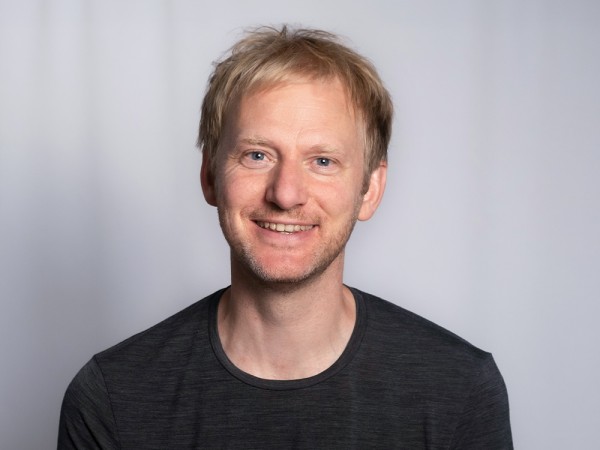The European Commission wants to implement the principle of the “circular economy” to as many economic sectors as possible. The aim is to minimise the consumption of resources and the use of finite raw materials and thus reduce the environmental and carbon footprint in Europe.
Domestic and industrial wastewater contains many valuable materials which have not been used so far but are suitable for recycling. Organic matter can be converted to biogas and used to generate energy, or it can provide a carbon source for the production of bioplastics by specialised bacteria. Plant nutrients such as nitrogen and phosphorus can be recovered to reduce the need for mineral fertilisers in agriculture. Cellulose fibers from toilet paper can replace structural material in bio-compost material or building materials, or they may serve as bio-fuel.
The workshop is organised by Kompetenzzentrum Wasser Berlin in cooperation with the project coordinator from the University of Ancona and other project partners. and will present the project’s outcomes which have been achieved so far. In addition to the results of the SMART-Plant project, other EU-funded projects in this field will be presented in short lectures.


